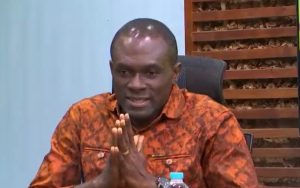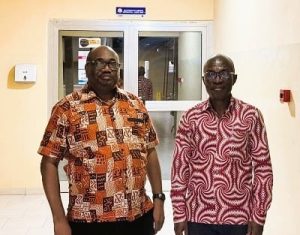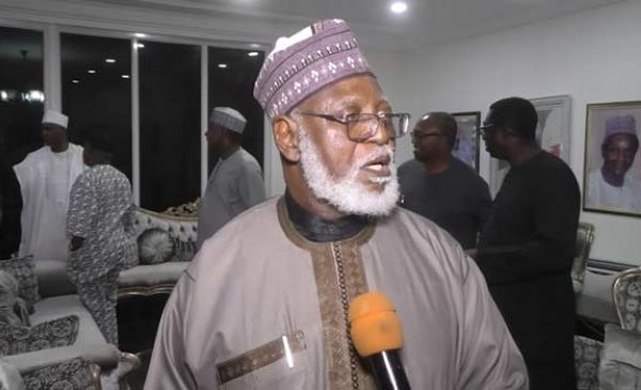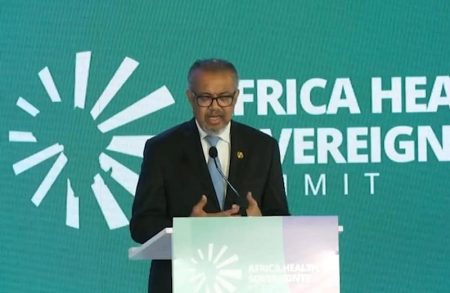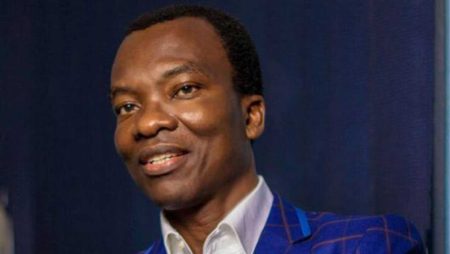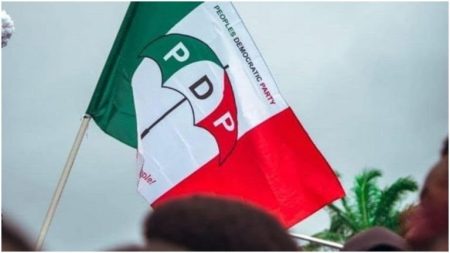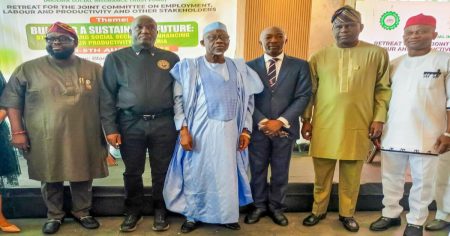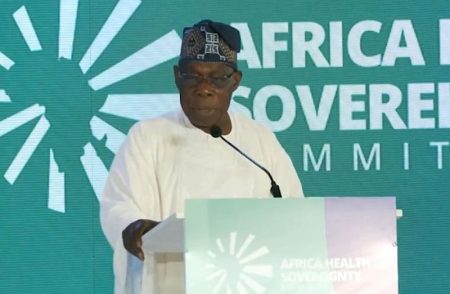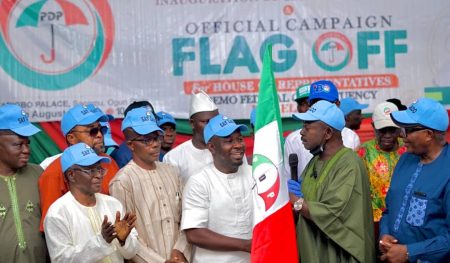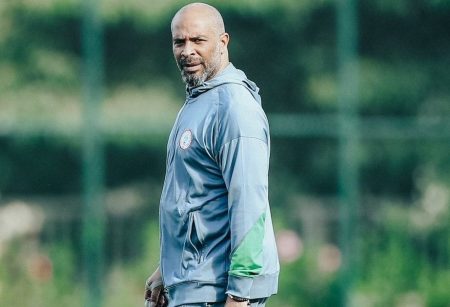Former Head of State, General Abdulsalami Abubakar (retd.), shared a poignant reflection on his relationship with the late President Muhammadu Buhari, revealing a shared hospital stay in London shortly before Buhari’s passing. Abubakar, recently discharged from the same facility, expressed his deep sorrow upon receiving the news and immediately visited the bereaved family to offer condolences and assist with arrangements for the repatriation of the former president’s remains to Nigeria. This personal connection underscored a decades-long bond between the two military veterans, dating back to their shared experiences during the Nigerian Civil War, where they served in the same sector. Abubakar described Buhari as a senior officer, a quiet gentleman, and a man of exceptional honesty, someone he implicitly trusted. This personal tribute painted a picture of Buhari’s character beyond the public persona, revealing a deep respect and admiration between the two leaders.
Abubakar’s account provided a glimpse into Buhari’s final days, albeit indirectly. While the specific details of their respective medical treatments remain undisclosed, the shared hospital stay adds a layer of personal connection to Abubakar’s tribute. His immediate action upon learning of Buhari’s death, going to the family’s side to offer support and assistance, speaks volumes about the depth of their relationship. This act of solidarity transcended the formal protocols of state and revealed a genuine bond forged through shared experiences and mutual respect. It further highlighted the human element amidst the significant political implications of Buhari’s demise.
Beyond personal reminiscences, Abubakar offered an assessment of Buhari’s legacy, particularly his commitment to combating corruption. He acknowledged the former president’s earnest efforts in this area but also noted the shortcomings of some officials within his administration. While praising Buhari’s intentions, Abubakar subtly alluded to the challenges and potential failures in fully realizing the anti-corruption agenda, suggesting that some officials within the government did not fully embody the same level of integrity and commitment. This nuanced perspective provides a balanced view of Buhari’s presidency, acknowledging both the positive aspirations and the practical difficulties encountered in their execution.
Abubakar’s commentary also extended to the broader political landscape of Nigeria, predicting shifts in the wake of Buhari’s death. He expressed hope for positive change, suggesting that the political dynamics of the country would inevitably be reshaped by this significant loss. His observation hinted at the potential for new alliances, realignments of power, and a reevaluation of political priorities in the post-Buhari era. This open-ended prediction acknowledges the unpredictable nature of political transitions while simultaneously expressing a desire for progress and improvement in the nation’s governance.
The swift response of President Bola Tinubu, dispatching Vice President Kashim Shettima and Chief of Staff Femi Gbajabiamila to London, further underscored the national significance of Buhari’s passing. Abubakar commended this immediate action, highlighting it as a testament to the magnitude of the loss for Nigeria. This rapid deployment of high-ranking officials demonstrated not only respect for the late president but also a recognition of the importance of a smooth and dignified transition in the face of this national event. It signaled the commencement of a new chapter in Nigerian politics, with Tinubu’s administration taking the lead in navigating the aftermath of Buhari’s death.
In summary, General Abdulsalami Abubakar’s reflection on Muhammadu Buhari’s life and legacy provided a multifaceted perspective, blending personal anecdotes with political observations. From shared hospital rooms to shared wartime experiences, Abubakar’s account painted a picture of a man of quiet strength, unwavering honesty, and a commitment to his nation. While acknowledging the complexities and imperfections of his presidency, Abubakar’s tribute emphasized the profound impact of Buhari’s life and death on Nigeria’s political landscape, expressing hope for positive change as the nation embarks on a new era. His words serve not just as a eulogy for a fallen leader but also as a reflection on the evolving political dynamics of a nation grappling with loss and anticipating the future.


